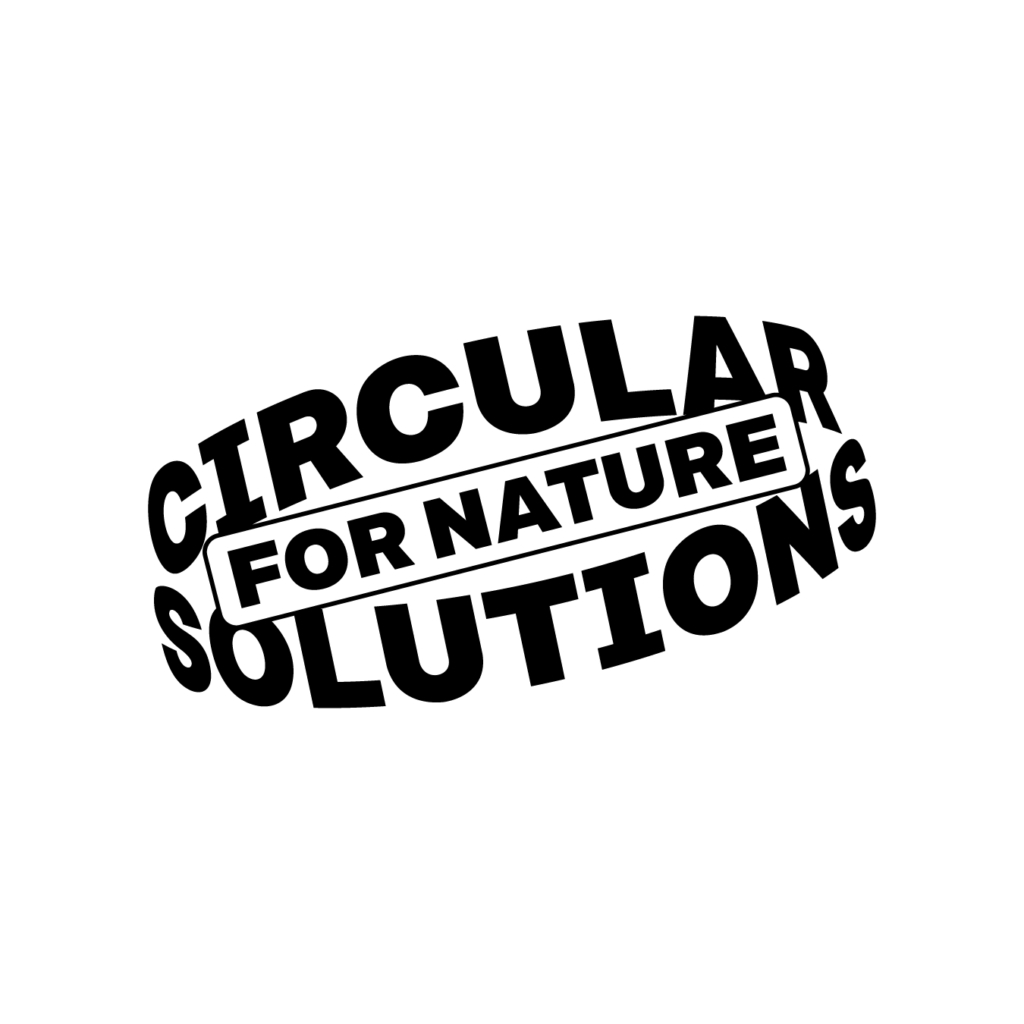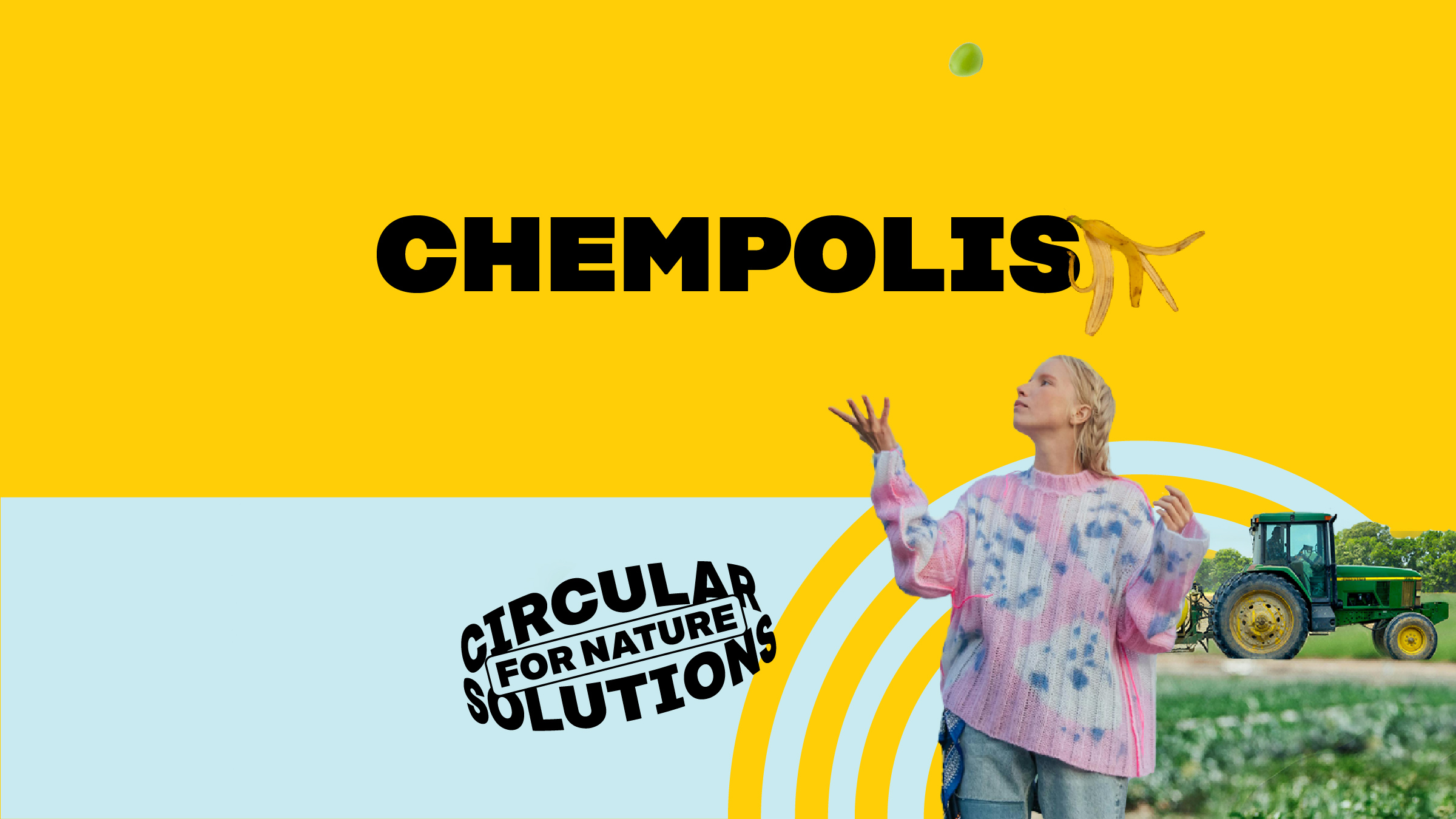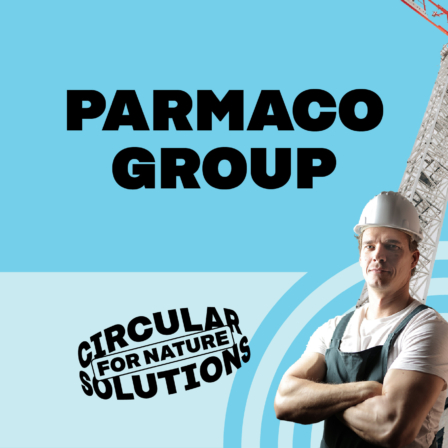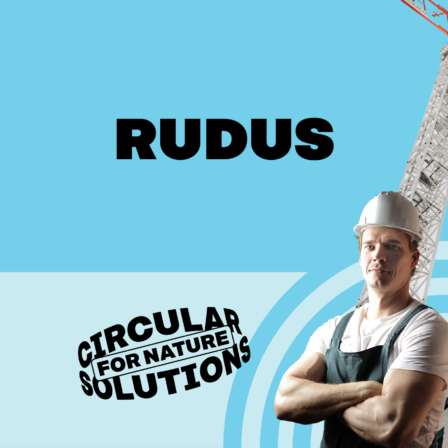Problem
Straw, a by-product of grain production, is currently underutilised and often burned as waste, particularly in developing countries, generating greenhouse gas emissions and disturbing local ecosystems. It may also release other greenhouse gases and particle emissions if burning is not conducted under appropriate conditions.
Solution
Chempolis has created the formico® fractionation technology, a biorefining approach that transforms residual biomass into high-quality materials for the textiles, construction, automotive and chemicals industries. The biomass is first fractionated into its basic components, cellulose, lignin and hemicellulose, which serve as a material basis for various applications. Chempolis’s biorefineries make use of biomass feedstocks available near the biorefinery location, through a collaborative industrial ecosystem where various parties share side streams, energy resources and infrastructure.
“Chempolis is a great example of how to create value from side streams that would otherwise go to waste, and through that reduce the need for virgin resources.”
Riku Sinervo and Tim Forslund, Sitra
Biodiversity impacts
Using residuals supports the industrial transition to a circular economy through more efficient use of resources, enabling a smaller land-use and carbon footprint. As a residue, straw is an abundant material that need not compete for land with food production, which continues to increase its use of natural land acreage.
Benefits for the company
Chempolis’s technology represents a cost-effective and sustainable alternative to straw disposal, generating additional revenue streams for farmers. For manufacturing industries, the efficient technology offers access to high-quality, cost-competitive and environmentally friendly materials, meeting consumer demands for eco-conscious products. The advantages and shortcomings compared to those offered by conventional solutions are also considered in the pricing.


































